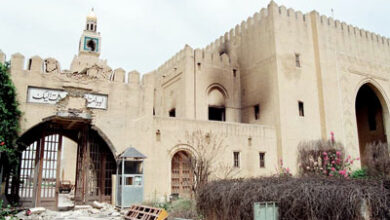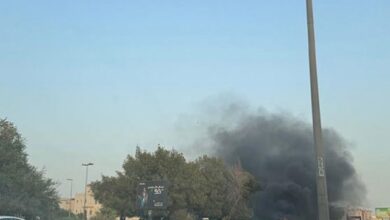Kuwait allocates 10.4 billion dinars to social spending in 2025/2026, led by fuel and healthcare

Kuwait’s Social Expenditure Observatory has reported a decrease of 31 million Kuwaiti dinars in capital expenditure for the 2025/2026 budget, bringing the total to 1.826 billion dinars.
This finding comes from a report issued by the Supreme Council for Planning in cooperation with the United Nations Economic and Social Commission for Western Asia (ESCWA).
According to the report, total current spending for the fiscal year stands at 22.712 billion dinars, while overall nominal public spending reaches 24.538 billion dinars, reports Al-Rai daily.
Public social spending for the same period amounts to 10.423 billion dinars, covering 28 different categories. The largest share of this expenditure is allocated to fuel subsidies — oil and gas — totaling 2.254 billion dinars.
This is followed closely by spending on inpatient hospital services, which amounts to 2.224 billion dinars. Education is another major focus, with 1.136 billion dinars directed to primary and pre-primary education, 1.087 billion dinars to secondary education, and 696 million dinars to higher education.
The labor market receives 486 million dinars, while 255 million dinars go toward wastewater management and sanitation services. Housing and community facilities are allocated 214 million dinars.
The report also outlines the main beneficiaries of social spending, identifying six key population groups. Families receive the largest share at 25.95%, followed by children at 21.33%.
Youth account for 12.44% of the spending. Additionally, Kuwait allocates 842 million dinars for institutional development and administrative support, and 2.375 billion dinars for various population segments.
On the performance side, the report shows that Kuwait scored 19.029 on the global social spending baseline index — slightly below the global average of 19.59.
However, Kuwait’s efficiency in social spending is rated at 0.72 points, which is 0.02 points higher than the global average. These efficiency scores are based on normalized indicators that relate spending to GDP and range between 0 and 1.
Kuwait’s overall social spending efficiency also surpasses the Arab regional average of 0.71. The country achieved a perfect score of 1.00 in both education and social protection.
However, spending efficiency in health and the environment remains below the regional average, and housing data was not available for comparison. Social spending represents 19.03% of Kuwait’s gross domestic product.
Meanwhile, the Kuwait Stock Exchange closed today with its general index down by 19.23 points. In banking news, Gulf Bank announced a net profit of 24 million dinars for the first half of the year.













